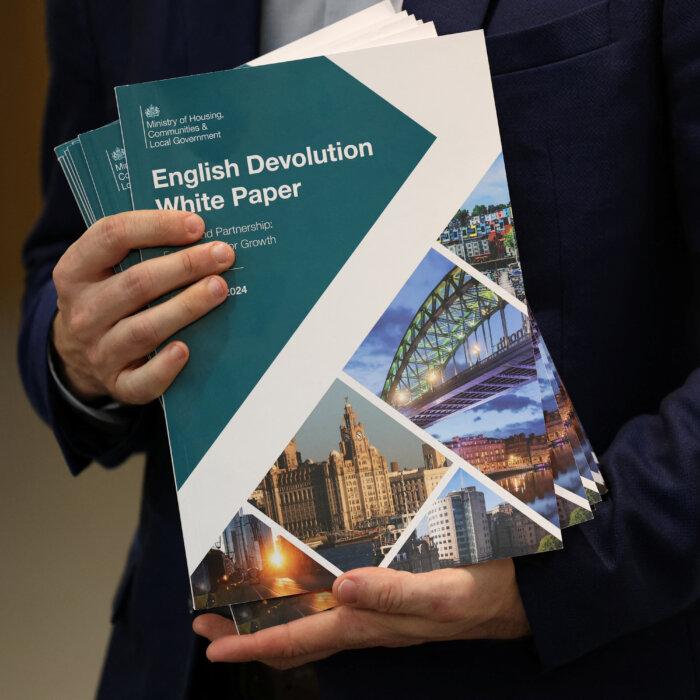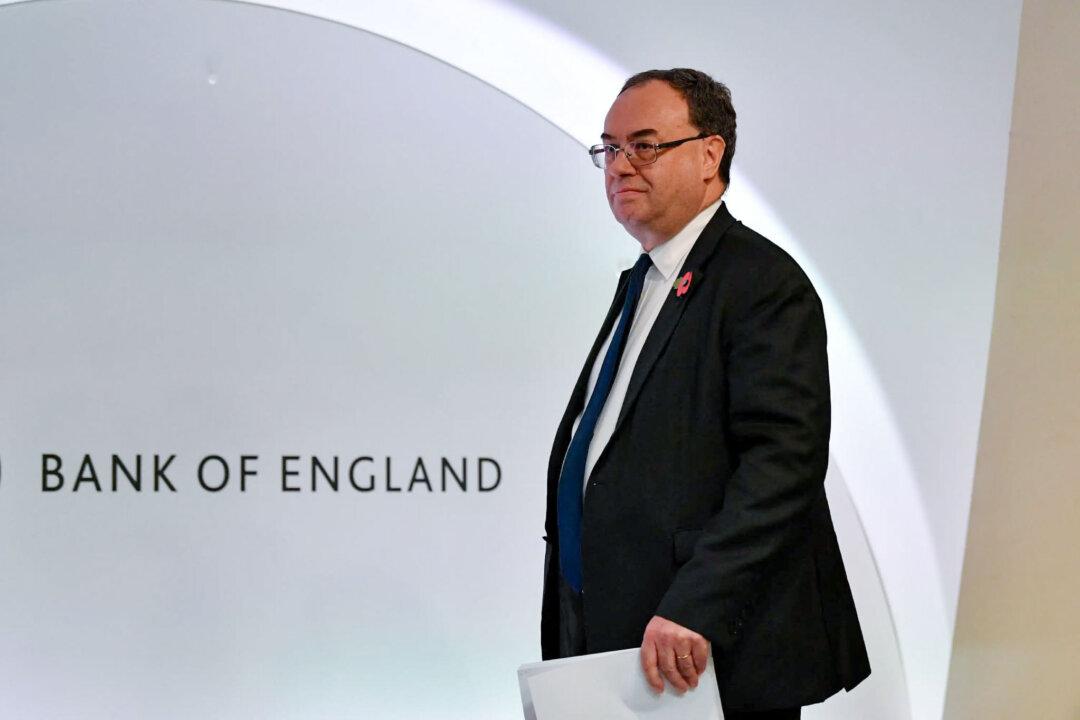The traditional two-party political system is under mounting pressure, a leading polling expert has warned ahead of local elections across England.
Polls open on Thursday in contests across 23 councils and five mayoral races, including new posts in Greater Lincolnshire and Hull and East Yorkshire.
The results are expected to offer a critical snapshot of shifting allegiances, particularly the growing influence of Nigel Farage’s Reform UK.
The Liberal Democrats are also expected to gain ground, particularly in southern England.
Fragmented Landscape Emerges
Sir John Curtice, polling expert and professor of politics at Strathclyde University, told The Epoch Times the elections underscore the deepening fragmentation of British politics.“Welcome to five-party politics. Most of these results are going to be won by very narrow margins on very low shares of the vote,” he said.
He added the vote could mark the most significant challenge to the two-party dominance that has defined British politics since 1922.
“The signs were all very, very clear in the last general election. Labour and the Tories, between them, got a lower share of the vote than at any election since then,” he said.
The results could leave more councils with no overall control and challenge assumptions in Westminster ahead of the next general election.
Curtice argued that Labour’s problem is that they’re “losing votes all over the place.”
However, “Reform are still picking up more votes off the Tories than they’re picking up off Labour. It is a bigger threat to the Tories than to Labour,” he said.
Tories on Defensive in Reform Battlegrounds
More than 1,600 council seats are up for grabs in the Thursday vote.Reform is projected to perform particularly strongly in Brexit-backing areas like Lincolnshire and parts of Nottinghamshire and Durham.
“Lincolnshire is the most pro-Brexit county in the country,” Curtice noted, adding, however, that part of the controversy about Jenkyns is that she doesn’t come from the area.

Jenkyns’s candidacy was challenged over residency, but officials ruled she was eligible after moving to Lincolnshire and registering to vote in February.
However, Curtice noted the key uncertainty is how many seats Reform will win outright, rather than merely splitting the right-wing vote and allowing gains for Labour, Liberal Democrats, or Greens.
“There is big uncertainty, particularly given you’ve got five parties all in the local elections likely to be pretty similar to each other in terms of their strength.
Labour and Liberal Democrats
Labour is hoping to make gains, particularly in Durham, where it could regain control of the county council. But again, Reform’s rise could disrupt that path.In Doncaster, Labour Mayor Ros Jones faces a strong challenge from Reform’s Alexander Jones. Although Doncaster has been a Labour stronghold, its heavily pro-Brexit electorate makes it fertile territory for Reform’s pitch to disillusioned voters.
The Liberal Democrats are hoping to capitalise on Conservative weakness in the southwest, targeting councils like Cornwall and Devon.
However, Curtice cautioned that while the Lib Dems are likely to make gains, “most of the councils will end up hung” rather than changing hands entirely.
He suggested that Oxfordshire—rather than Devon or Cornwall—is the council most likely to flip fully to the Liberal Democrats, reflecting stronger support in pro-Remain university towns.
Polls open at 7 a.m. and close at 10 p.m. on Thursday. Results are expected throughout Friday.







